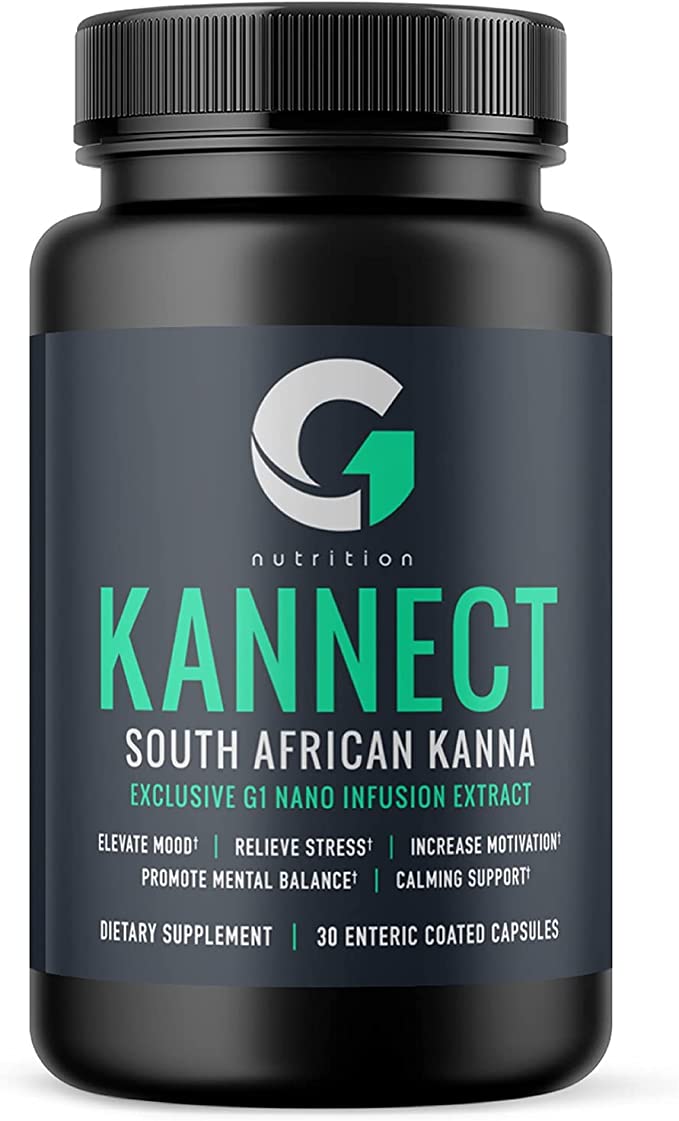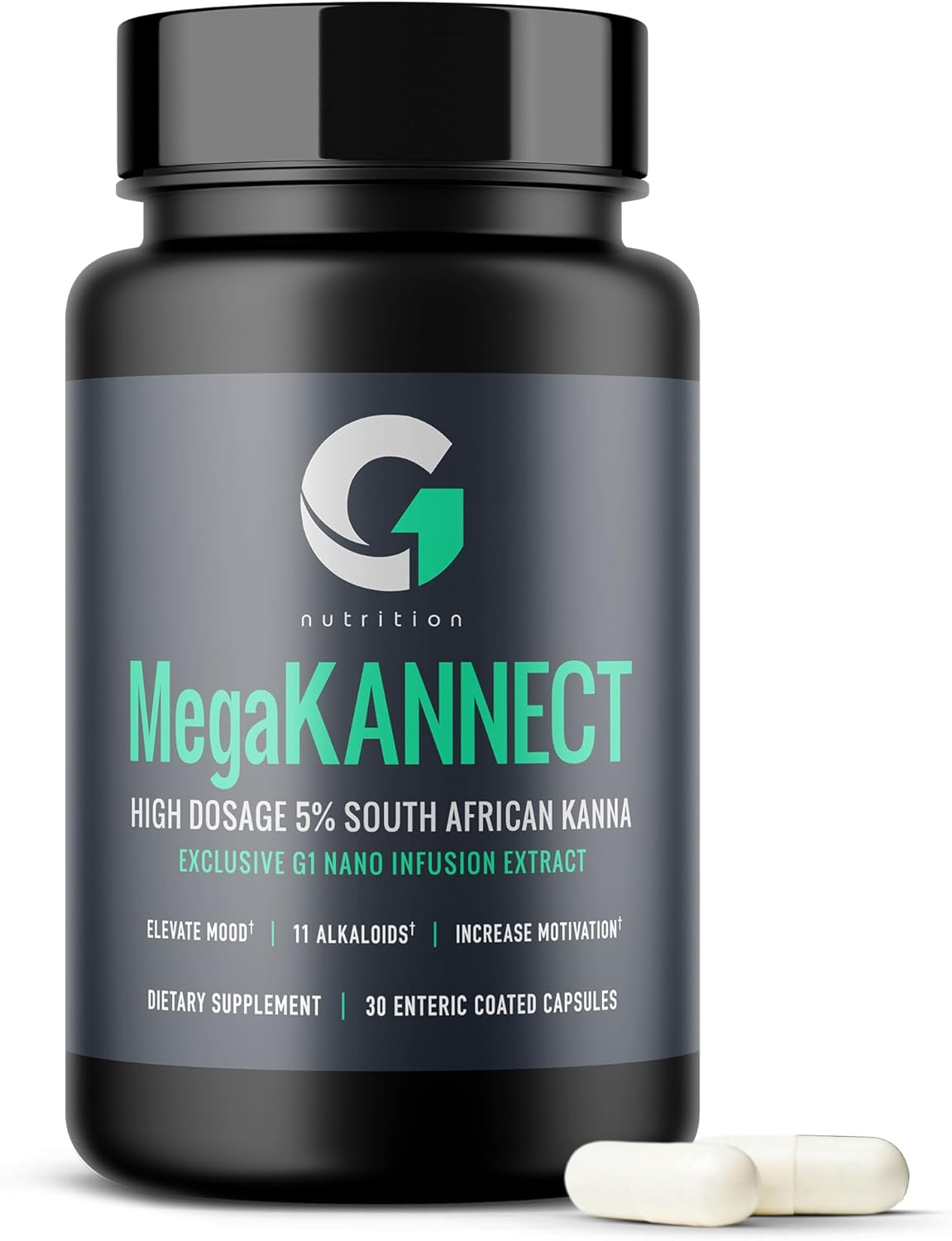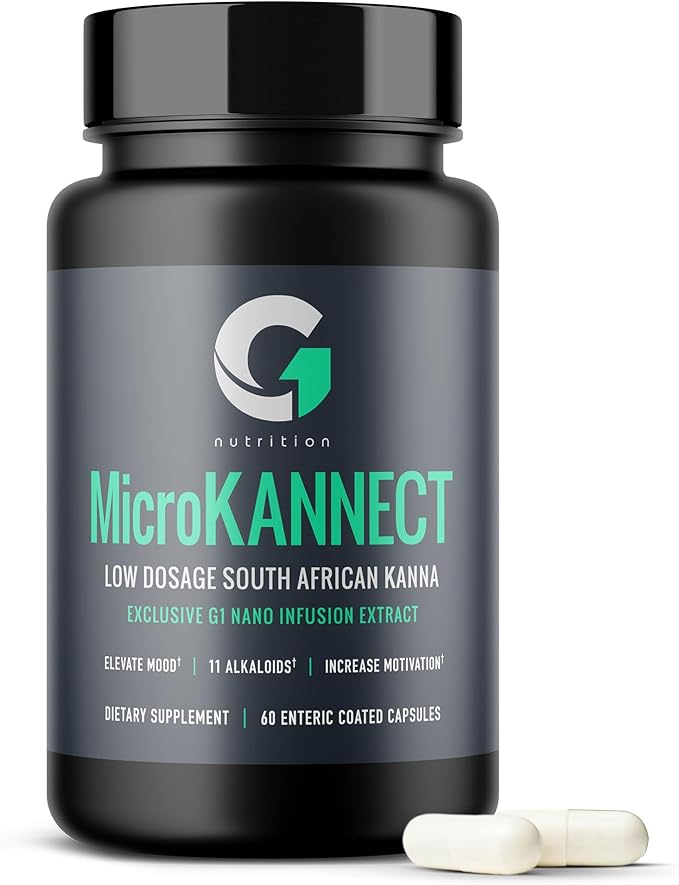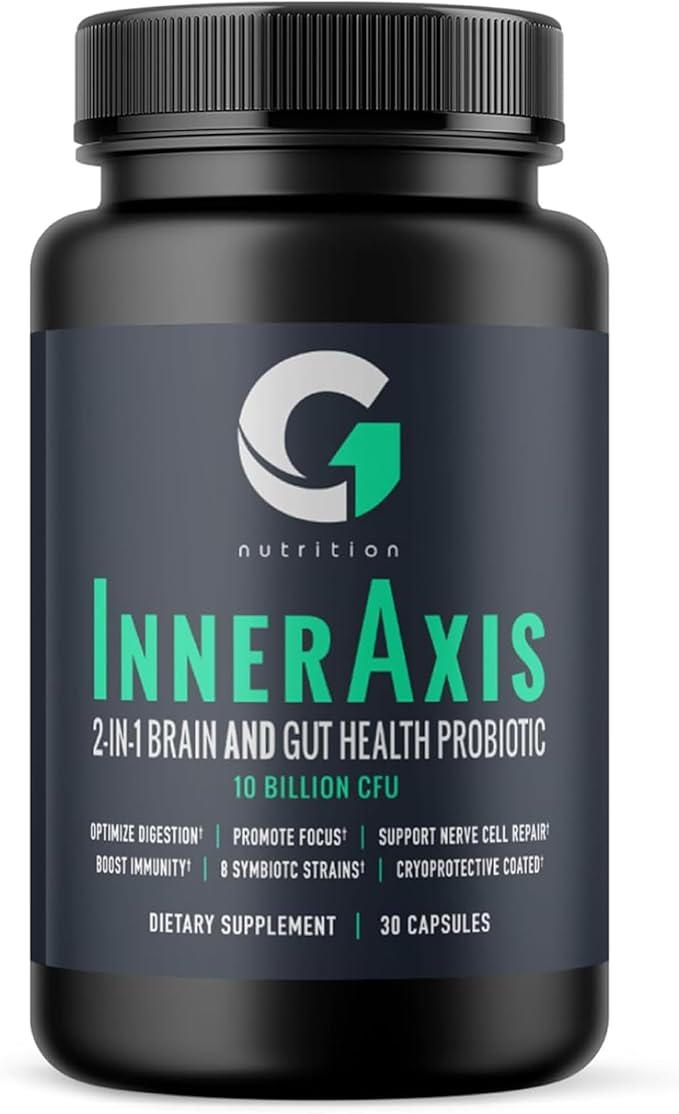The Role of Inflammation in Mental Health Disorders
Inflammation is not just a physical issue. It has profound effects on mental health as well. Research has shown that mental health disorders like depression, anxiety, and schizophrenia are linked to increased levels of inflammation in the body. This means that inflammation could be contributing to symptoms like low mood, fatigue, and cognitive decline.
For example, studies have found that people with depression often have higher levels of inflammatory markers in their blood. These markers indicate that the body is in a state of chronic inflammation, which could be affecting brain function. Similarly, individuals with anxiety disorders have been shown to have increased inflammation, which may exacerbate feelings of worry and tension.
Understanding the role of inflammation in mental health disorders is important. It suggests that by reducing inflammation, we may be able to improve mental health symptoms. This could lead to new treatment approaches that focus on managing inflammation as a way to support mental well-being.
How Kanna Fits Into the Picture
Kanna, a succulent plant native to South Africa, has been used for centuries to enhance mood and reduce stress. It's gaining attention for its potential benefits in managing both inflammation and mental health. The plant contains compounds that are believed to have anti-inflammatory properties, making it an intriguing option for those seeking natural remedies.
One of the main compounds in Kanna is mesembrine, which has been shown to interact with certain receptors in the brain. This interaction is thought to provide mood-enhancing effects, potentially helping to alleviate symptoms of depression and anxiety. Additionally, Kanna's anti-inflammatory properties may help reduce chronic inflammation, supporting overall mental health.
Lifestyle Factors Influencing Inflammation
Several lifestyle factors can impact inflammation levels in the body, and by extension, mental health. Diet, exercise, stress, and sleep all play significant roles in managing inflammation. For example, a diet rich in fruits, vegetables, and omega-3 fatty acids can help reduce inflammation. On the other hand, consuming processed foods high in sugar and unhealthy fats can increase it.
Regular exercise is another powerful tool for reducing inflammation. Physical activity helps regulate immune function, which can decrease chronic inflammation. Additionally, exercise releases endorphins, which boost mood and promote mental well-being.

Kanna Supplements - KANNECT
Price:
$25.95
$29.99
Sale
KANNECT™ Kanna is a natural and organic supplement for overall well-being that uses kanna extract.

Kanna Supplements - Mega Kannect
Price:
$34.95
$39.95
Sale
Mega Kannect Capsules with 5% Kanna Alkaloid| Elevates Mood, Boosts Energy Levels, Enhances Mental Clarity | Sceletium Tortuosum Daily Supplements for Men & Women (30 Count) MEGA KANNECT CAPSULES: Elevate your overall vitality with our best selling Kannect supplement, now available in a higher dose! A unique, highly potent dietary kanna supplement that goes beyond the ordinary to support your immunity and mental well-being.

Kanna Supplements - Micro KANNECT
Price: $27.99
Micro Kannect Capsules with 3% Kanna Alkaloid| Elevates Mood, Boosts Energy Levels, Enhances Mental Clarity | Sceletium Tortuosum Daily Supplements for Men & Women 60 Servings MICRO KANNECT CAPSULES: Elevate your overall vitality with our best selling Kannect supplement, now available in a lower dose! A unique, highly potent dietary supplement that goes beyond ordinary kanna products to support your immunity and mental well-being.

Probiotic Supplements - Inner Axis
Price: $15.99
InnerAxis 2-in-1 Brain and Gut Health Probiotic, 10 Billion CFU, 8 Probiotic Strains for Gut, Psychobiotic, Mood and Brain Support, Acidophilus Probiotic for Women and Men, 30 Servings Powerful Probiotic - With 8 symbiotic strains, InnerAxis is a 2-in-1 brain and gut health supplement that helps support digestion, focus, balanced mood, and immune health.
Stress management and adequate sleep are also crucial. Chronic stress and poor sleep can elevate inflammation levels, negatively affecting mental health. Techniques like meditation, deep breathing, and establishing a consistent sleep schedule can help manage stress and improve sleep quality.
The Impact of Inflammation on Cognitive Function
Chronic inflammation doesn't just affect mood. It can also impact cognitive function, leading to issues like brain fog, memory problems, and difficulty concentrating. This is because inflammation can interfere with the brain's ability to communicate effectively, disrupting cognitive processes.
For example, inflammation can affect the hippocampus, a part of the brain involved in memory formation. When inflammation is present, it can impair the hippocampus's ability to function properly, leading to memory issues. Similarly, inflammation can affect the prefrontal cortex, which is responsible for decision-making and attention.
Understanding the impact of inflammation on cognitive function highlights the importance of managing it. By reducing inflammation, individuals may experience improvements in cognitive performance, supporting overall mental health.
Kanna's Role in A Holistic Health Approach
Incorporating Kanna into a holistic health approach offers potential benefits for managing inflammation and mental health. When combined with a balanced diet, regular exercise, and stress management techniques, Kanna can enhance overall well-being.
It's important to approach Kanna as a complementary tool, rather than a standalone solution. By integrating it into a broader wellness strategy, individuals can maximize its benefits while addressing the root causes of inflammation and mental health challenges.
Conclusion
The connection between inflammation and mental health presents a unique opportunity for wellness enthusiasts, mental health advocates, and those interested in natural remedies like Kanna. By understanding how inflammation affects mental well-being, individuals can take proactive steps to support their health. With G1 Nutrition, you can embrace a healthier, more vibrant you.





